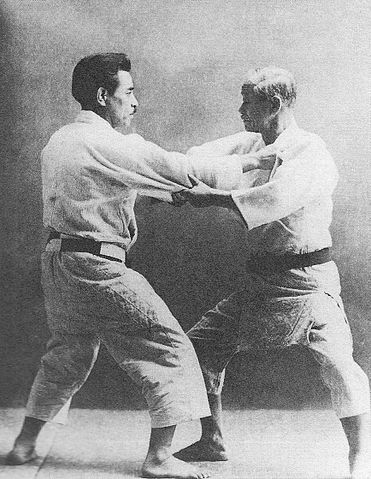Wow so you really can skip Dan grades?....this is why traditional martial arts standards are going downhill. Black belt shouldn't want to skip a Dan they shouldn't care about rank at that point only their training and improving
I don't think traditional martial arts standards are going downhill, but maybe I hang out in different circles. We have much better access to seminars from high ranking grandmasters and masters now than we ever used to, qualification courses from the Kukkiwon. I see standards improving all the time.
In the interests of full disclosure, I'm a recipient of a Skip Dan. I tested for 3rd Dan Kukkiwon in (I think) 1995 and 5th Dan Kukkiwon at the end of 2010. I'd taken about a 3 year break during that time. My reason for not testing was twofold: 1) a lack of belief in the national association's impartiality and 2) my local instructor being almost against testing. He got his 5th Dan about 2000 and said that he wasn't interested in testing again, he was happy at 5th Dan. So most of the students also never bothered testing.
I happened to be in contact with my original instructor (himself a Kukkiwon 8th Dan and 2nd Class Kukkiwon Master at the time), he assessed my skill level and said that I was easily at 5th Dan level. He tested me and put the application in to Kukkiwon explaining the two reasons above and it was approved without problem.
Since then I've tested for my Kukkiwon 6th Dan and Changmookwan 7th Dan (and will test for KKW 7th Dan/CMK 8th Dan in about 4 years). So, I don't regret my skip dan, feel my skill level was appropriate and have since moved past it, so it's a bit of a non-issue. I've been to Korea 5 times since then (and going again in July), I'm also now a 2nd Class Kukkiwon-certified Master Instructor and 3rd Class Kukkiwon-certified Poom/Dan Examiner - so I've certainly been continuing to learn/train since then. But, like a Reddit AMA I'm happy to discuss the skip dan.
Don't get me wrong, I think that candidates should be obviously performing at the target level, and should have put in the training years (I had 3 years out, but if I'd stopped in 1995 and started again in 2009 I wouldn't have done it). But I don't think Skip Dans are a bad thing, used correctly.

